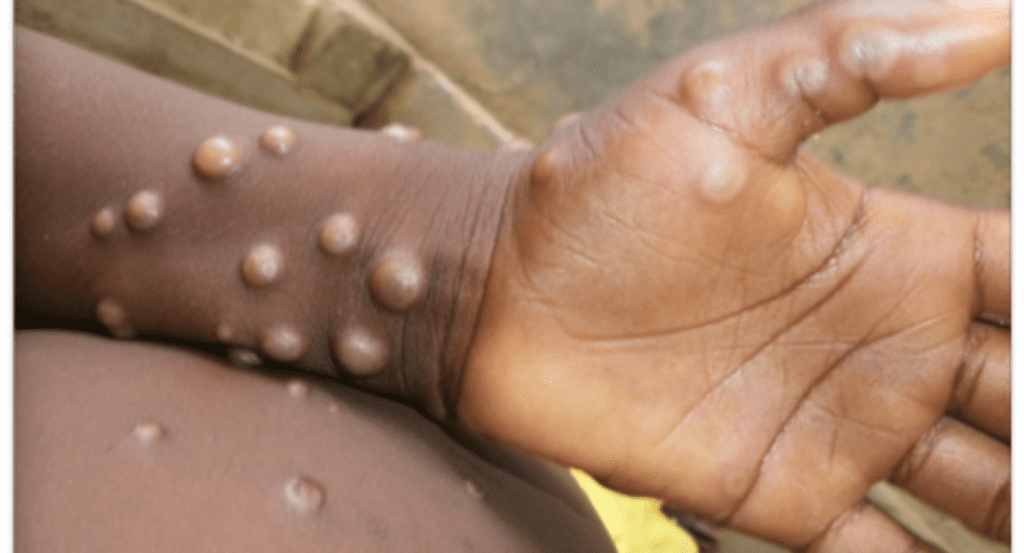A new strain of mpox has emerged, significantly impacting children in the Democratic Republic of Congo (DRC) and Burundi, where reported cases have more than doubled in recent months. Experts have linked the rise in mpox cases to the bushmeat trade, a factor which remains a critical public health challenge across Africa. Authorities and healthcare organizations are now stressing the importance of addressing wildlife trade as a primary means of controlling the virus’s spread. In parallel, Morocco has made strides by developing a homegrown PCR test for mpox, which has recently been approved by the Africa CDC for use in the continent’s broader mpox response efforts.
The increased transmission of mpox among children in the DRC and Burundi has prompted urgent responses from health officials. The new strain, which poses higher risks for children due to weaker immune systems, has led to heightened surveillance efforts in affected regions. The Africa CDC emphasizes that the rise in cases highlights the need for enhanced diagnostic capabilities and preventive measures to protect vulnerable populations.
Health experts have identified the bushmeat trade as a significant contributor to mpox transmission. The practice of hunting and consuming wild animals, particularly non-human primates, brings humans into closer contact with pathogens that can jump from animals to people. Dr. Uche Okeke, a leading virologist, explained that the virus can spread when people handle or consume infected meat, increasing the risk of outbreaks. Governments across Africa are being urged to regulate or limit bushmeat markets and promote alternative livelihoods to mitigate the spread of zoonotic diseases like mpox.
In a positive development, Morocco has created its first domestically produced PCR test for mpox, recently approved by the Africa CDC. This diagnostic tool is set to improve early detection rates, enabling healthcare providers to identify and contain the virus before it can spread widely. The approval marks a step forward in Africa’s efforts to become more self-sufficient in disease detection and response. The Africa CDC’s endorsement of the test underlines its reliability and potential impact across the continent, where access to diagnostic tools remains limited in many areas.
With rising mpox cases, especially among children, African health authorities are reinforcing the need for preventive measures. Public education campaigns are essential to raise awareness about the risks associated with the bushmeat trade and the importance of hygiene in preventing disease transmission. Strengthening diagnostic infrastructure, such as Morocco’s new PCR test, will also be key to managing mpox outbreaks more effectively.
The rise in mpox cases among children and the link to bushmeat trade underscore the challenges Africa faces with zoonotic diseases. Collaborative efforts involving health organizations, governments, and communities will be vital in managing the current situation and preventing future outbreaks.



















